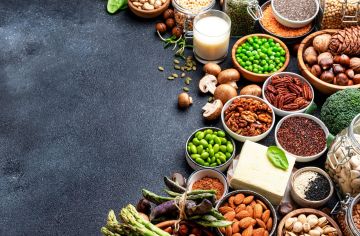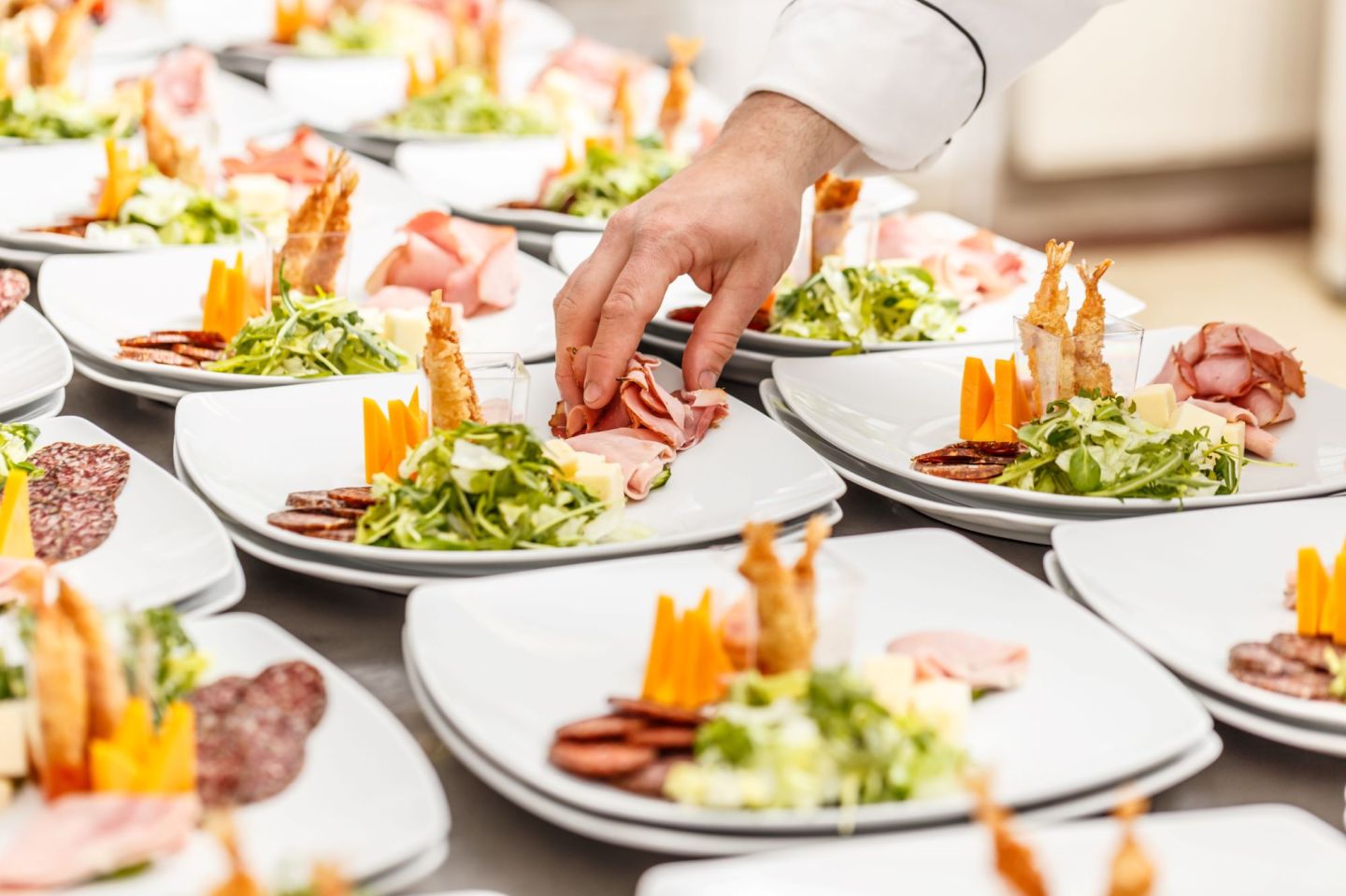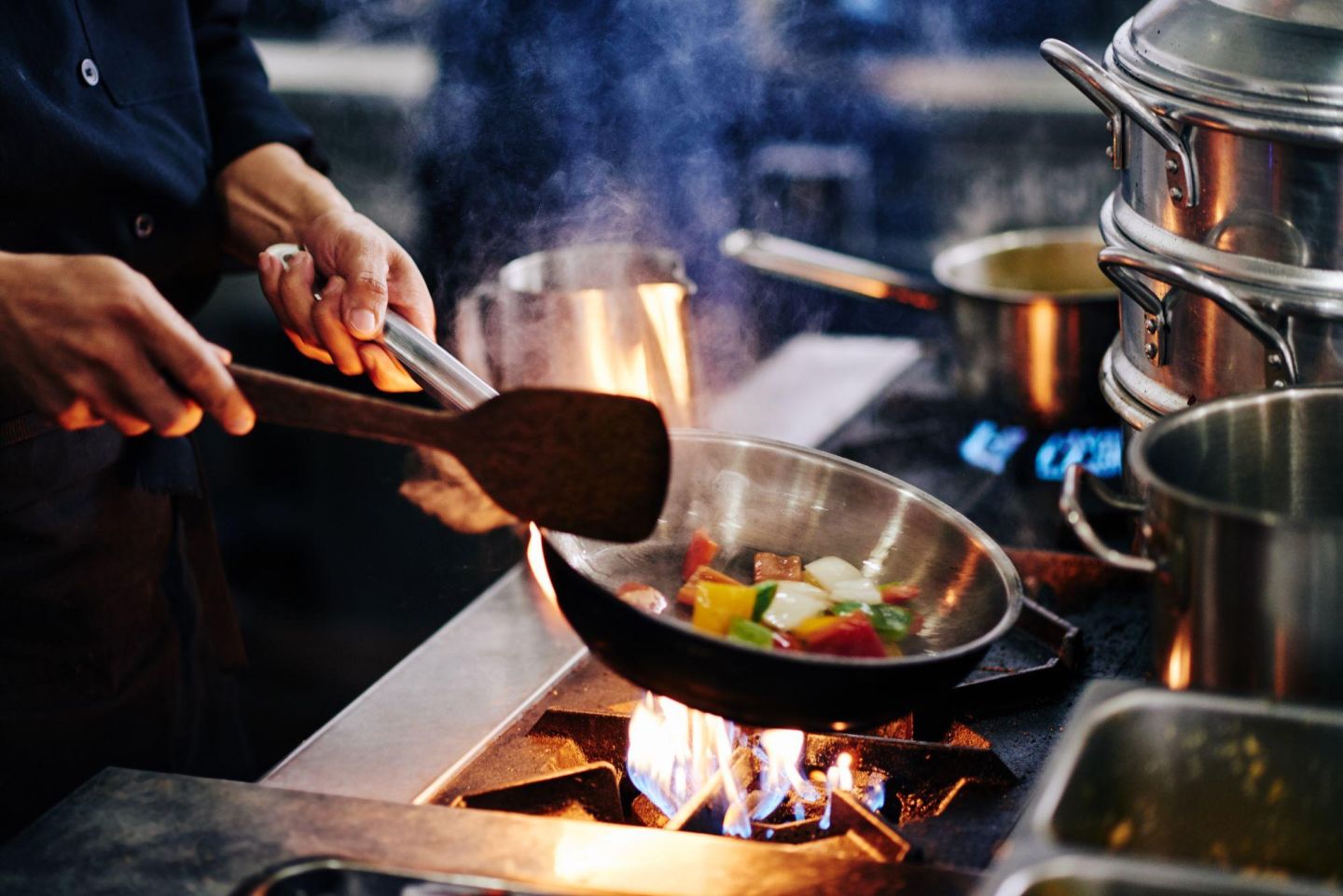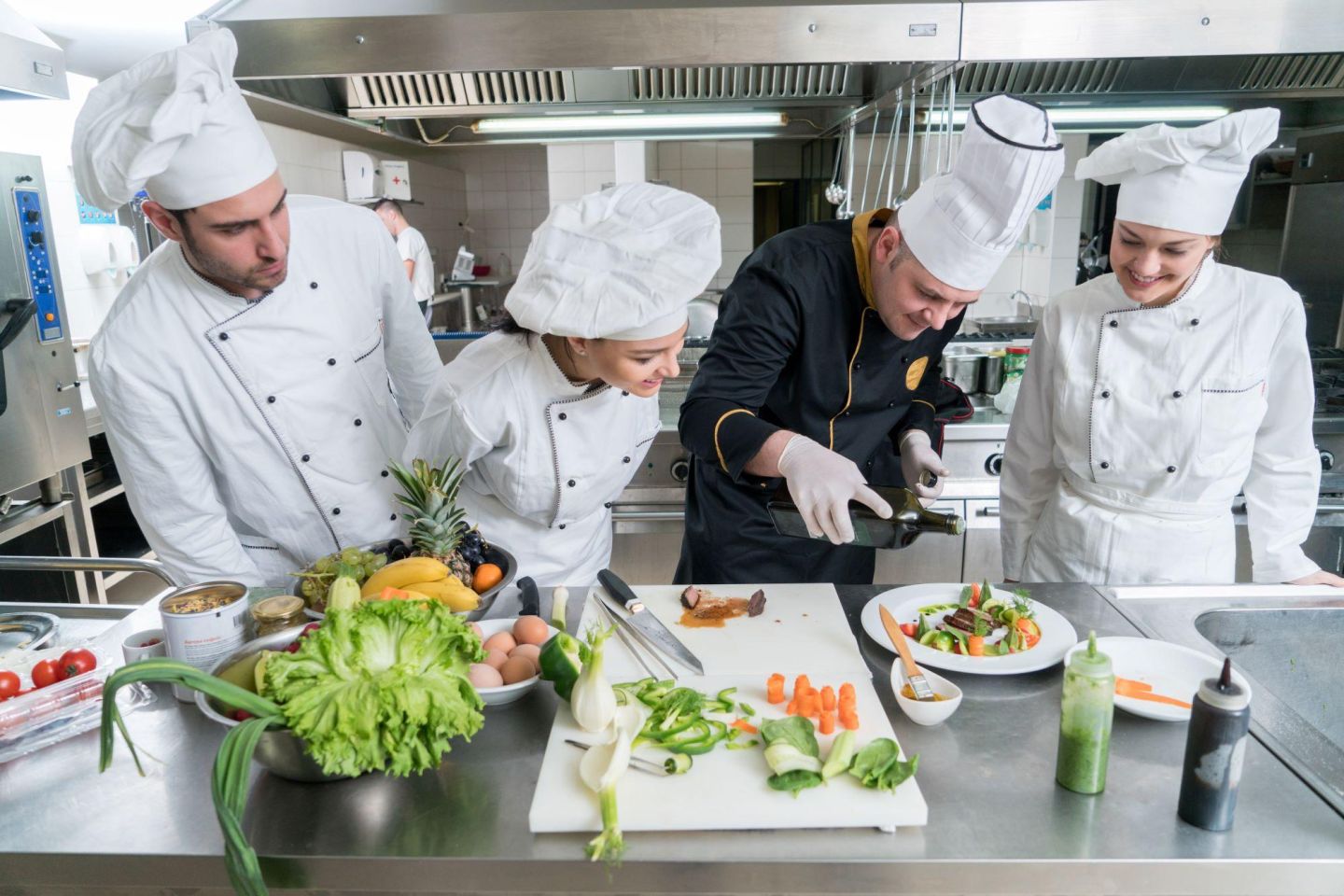Code
CULIN
Location
Waterford
Campus
Cork Road
- Level Level 6
- Duration 8 mths
- Credits 35 ECTS
- Delivery Blended
- Closing Date View details
- Fees View details
- Application Status Open
- Next Intake September 2024

The Certificate in Plant-Based Cooking and Sustainable Practices is a short course designed to upskill existing culinary staff and potential new entrants in the skills required to serve the growth in demand for newer, plant-based menu options in the hospitality and broader food service sector, and do so in a sustainable way. It provides an upskilling opportunity for existing staff, equally an opportunity for a first qualification directed to people looking to develop a career in hospitality and food sector. The plant-based food sector is worth about $30 billion globally and is forecast to explode to more than $160 billion with growth driven across environmental, health, nutrition, and animal welfare concerns. Bord Bia (2021) estimates that 8% of the Irish population are now vegetarian, while 2% are vegan whilst 16% are flexitarian. Deliveroo Ireland saw plant-based food orders increase 187% during the COVID-19 lockdown period reflecting diversity in food choices. Waterford Chamber Skillsnet (2022), Chef Network Ireland (2022) identified areas for upskilling chefs and deficits in knowledge areas such as food costing, sustainability and vegan, vegetarian menu planning. 
Delivery
Delivery
Students are on campus one day per week (7 hours) with the second day of study delivered remotely online (4 hours).
Assessment strategy for the programme is predominately continuous assessment with one final exam per semester.
Cost
Level 6 courses are 100% funded for all applicants.
Plant Based Culinary Skills & Product Knowledge
Develop specialist techniques and reflecting the importance of plant-based cooking skills; detailed understanding of commodity usage. Explore a range of vegetables, fruit, nuts, seeds, grains and pulses, gaining expert knowledge.
Food Safety & Technology
Provide students with the theoretical knowledge underpinning microbiological food safety, kitchen technology and food safety enforcements authorities. Students will also be able to investigate and establish technological principles.Plant Based Nutrition: Provide learners with a comprehensive understanding, based on current research, of how the adoption of a plant-based diet can largely contribute to better and sustained health over the lifespan.
Plant Based Pastry & Confectionery
Develop expertise and artistic ability in the area of pastry and confectionery, specifically vegan, vegetarian and plant-based alternatives. Focus on adaptation and recipe modification of pastes, breads, cakes, ices, chocolate work etc.
Food, Energy & Sustainable Practices in Culinary Arts
Provide students with skills, knowledge, and a more In-depth understanding of environmental, social, political, economic and ethical principles and issues related to the transformation of current societies to ones that are sustainable.
Costing & Budgeting for Culinary Operations
This module aims to give the student an overview of the concepts and uses of cost accounting within a culinary management context.
Work Placement (120 hours)
Provides students with a professional placement opportunity in a culinary setting and provide them with an opportunity
to develop crucial expertise.
Applicants should have:
- a Leaving Certificate or equivalent major award at Level 5
- at least two years food preparation experience
Applicants who do not meet the academic entry requirements on the basis of certified learning may wish to consider using SETU Waterford's Recognition of Prior Learning (RPL) mechanism if they have equivalent experiential and/or certified learning. Please complete the form electronically and submit by email along with all supporting documentation such as education and training certificates etc.
Applicants for whom English is not their first language will, in all cases, be required to submit certification that they meet SETU in Waterford's English Language Competency Requirements
Where there are more applicants than places on the course, a selection interview will take place.
The programme addresses and recognises diverse industry needs. A further context for the development of this programme is the strategic importance of the hospitality and tourism sector, to the South East region. There is an estimated 24,800 employed regionally. Primary research in the South East region, indicate demand for enrolment and participation in a sustainable plant based driven culinary specialism area ˜to build upon existing skills and meet the demand of modern consumer preferences (Cliff House; The Vee; Lady Anne; Momo; Everetts 2022).
The programme addresses and recognises diverse industry needs. A further context for the development of this programme is the strategic importance of the hospitality and tourism sector, to the South East region. There is an estimated 24,800 employed regionally. Primary research in the South East region, indicate demand for enrolment and participation in a sustainable plant based driven culinary specialism area ˜to build upon existing skills and meet the demand of modern consumer preferences (Cliff House; The Vee; Lady Anne; Momo; Everetts 2022).
The programme addresses and recognises diverse industry needs. A further context for the development of this programme is the strategic importance of the hospitality and tourism sector, to the South East region. There is an estimated 24,800 employed regionally. Primary research in the South East region, indicate demand for enrolment and participation in a sustainable plant based driven culinary specialism area ˜to build upon existing skills and meet the demand of modern consumer preferences (Cliff House; The Vee; Lady Anne; Momo; Everetts 2022).








